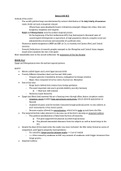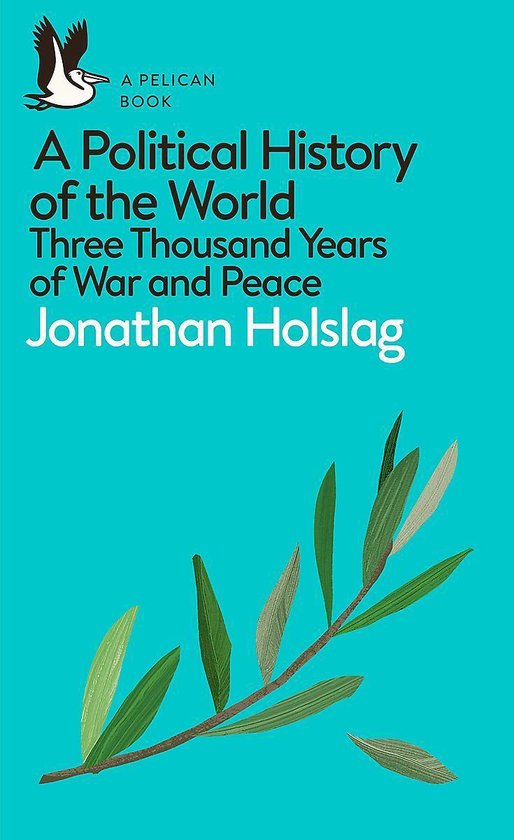Before 1000 BCE
Outlook of the world:
- The world’s political map was determined by nature’s distribution of the holy trinity of resources:
water, fertile soil and a temperate climate.
- Where these were abundantly found, civilisations emerged: villages into cities, cities into
kingdoms, kingdoms into empires.
- Egypt and Mesopotamia were the earliest imperial powers.
- By the beginning of the first millennium BCE, they had enjoyed a thousand years of
uninterrupted development in agriculture, of high population density, complex social and
administrative structures and somewhat of a political unity.
- Numerous smaller kingdoms in NCP and ICP, in CA, in Anatolia, the Eastern Med, and Central
America.
- Powerful federations of nomadic peoples emerged on the Mongolian and Central Asian steppes.
- Small tribes inhabited the rest of the globe.
Most remarkable event in the second millenium: the aggression of the Sea Peoples
Middle East
Egypt and Mesopotamia were the earliest imperial powers.
EGYPT
● Menes unified Upper and Lower Egypt (around 3150)
● Twenty different dynasties ruled over the next 2000 years
○ Frequent periods of instability, division, subjugation by foreign invaders.
○ Major cities competed to be the centre of power (ex. Memphis)
● Role of the ruler
○ Kings had to defend their realms from foreign predators.
○ The most important role was to provide stability, security, harmony
■ = Maat (not Isfet (chaos))
○ Harmony meant hierarchy
● Egypt (and Meso) had mastered the art of taming rivers through dikes, basins, irrigation canals.
○ Irrigation canals enabled high agricultural productivity, which allowed populations to
flourish.
○ Surpluses of grain could be stocked. Granaries brought political power: to arm soldiers, to
erect monuments, to buy luxury goods.
○ Because surplus allowed for specialisation, which led to trade up and down the Nile.
● The large fertile Nile valley allowed it to become one of the first to develop an imperial tradition.
○ The political manifestation of Maat took the form of hierarchy
■ The gods supported the pharaoh in preserving harmony
■ The pharaoh demanded obeisance from his subjects as well as lesser kings in his
SOI.
● Despite the ideal of this stark order, the reality was more turbulent: the Nile valley formed an arena of
competition, and Egypt's prosperity lured predators.
○ For outsiders, Egypt was the ultimate trophy ==> lure of wealth
○ ==> Wars caused by weakness in BOP: any moment of weakness could trigger invasions from
fringe powers.
● Imperial tradition





